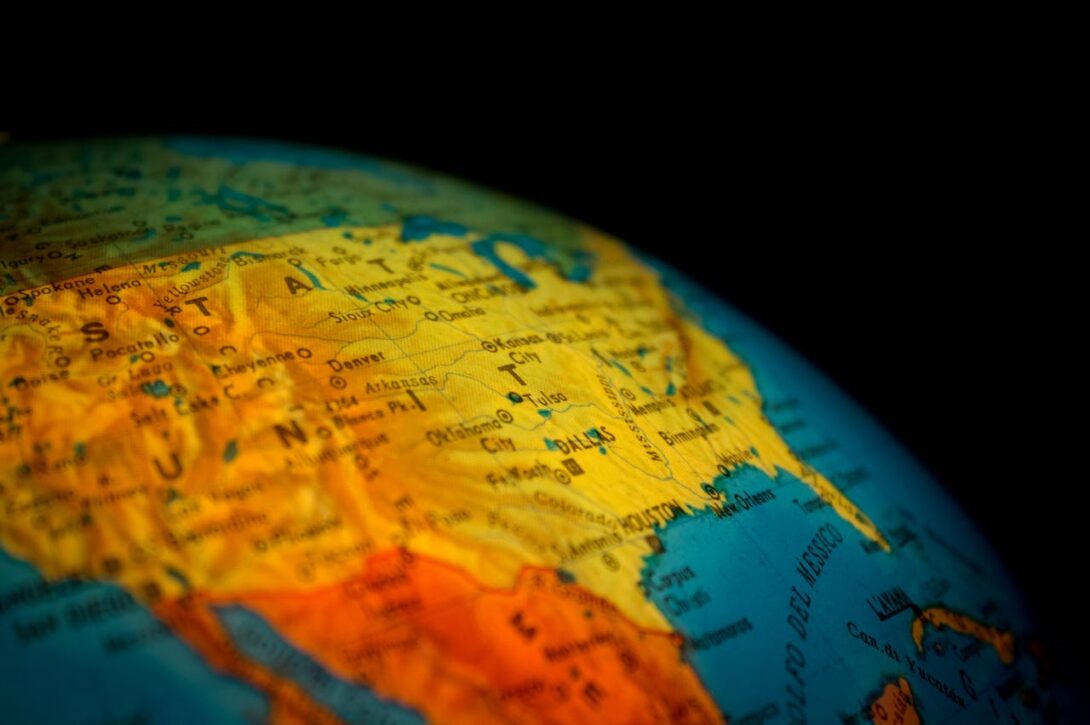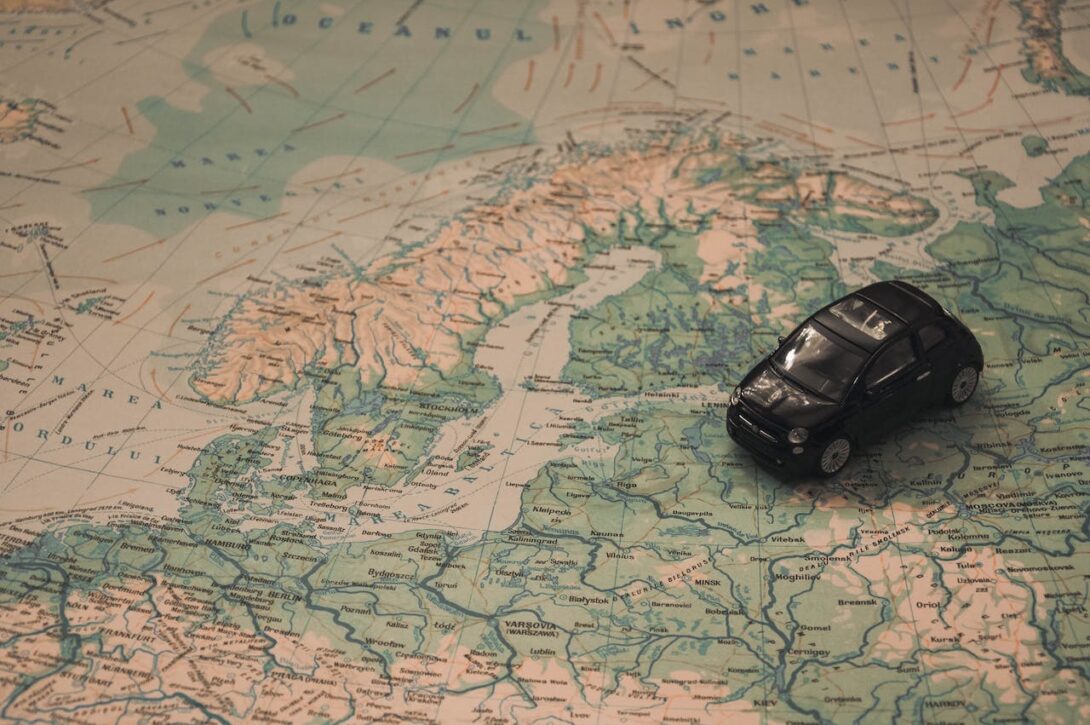Tag: digital divides
All topics
-

What explains the worldwide patterns in user-generated geographical content?
As geographic content and geospatial information becomes increasingly integral to our everyday lives, places that…
-

Mapping the Local Geographies of Digital Inequality in Britain
– in MappingWithout detailed information about small areas we can’t identify where would benefit most from policy…
-

Understanding low and discontinued Internet use amongst young people in Britain
– in EducationWhy do these people stop using the Internet given its prevalence and value in the…
-

eHealth: what is needed at the policy level? New special issue from Policy and Internet
Policymakers wishing to promote greater choice and control among health system users should take account…
-

New issue of Policy and Internet (2,3)
We are pleased to present five articles focusing on substantive public policy issues arising from…


